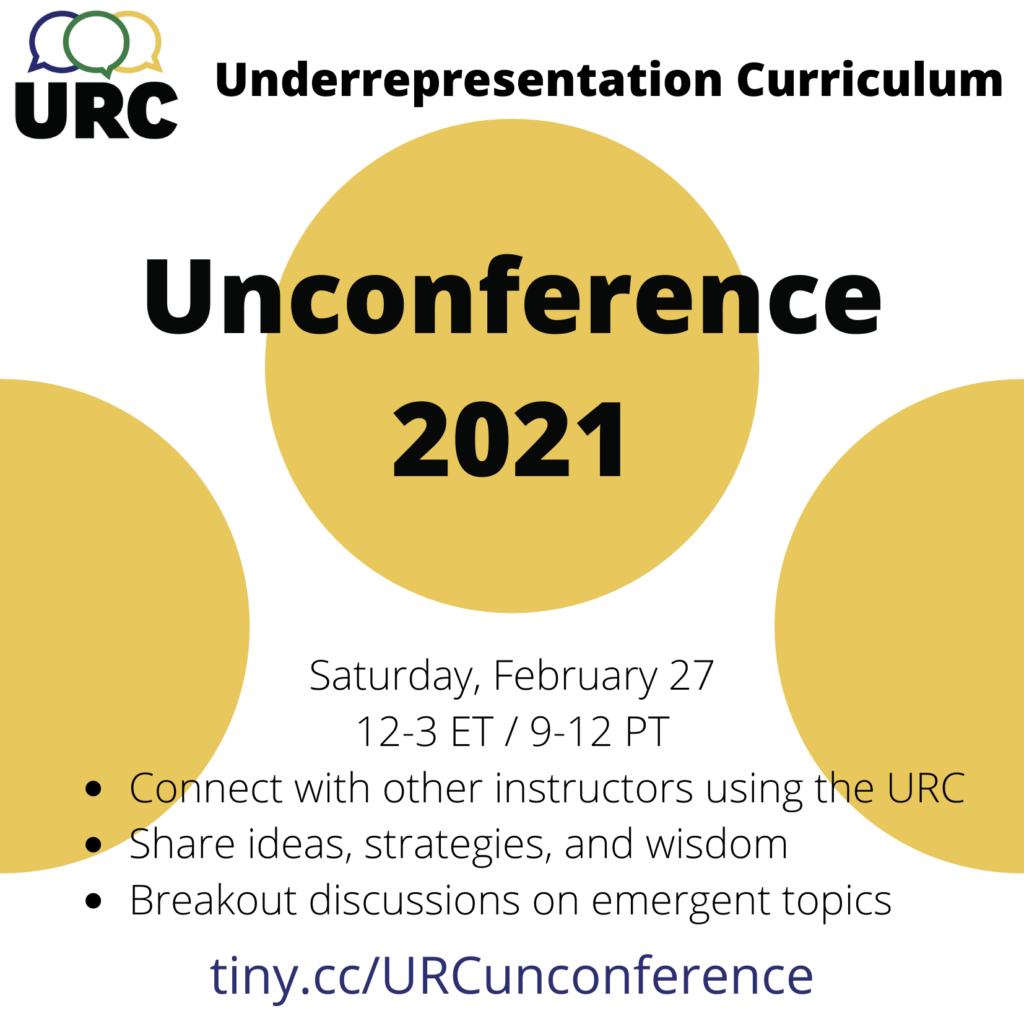The Underrepresentation Curriculum
A flexible curriculum designed to help students critically examine scientific fields and take action for equity, inclusion and justice

Hello 2024! My New Year’s Resolution is to keep striving for equity and justice with my students, to keep building community with other folks who are doing this work, and to keep learning from my students about the sorts of conversations they feel are most relevant and engaging. If you haven’t yet used the Underrepresentation Curriculum (URC) resources this year, the start of a new year offers a great opportunity to look for space in your curriculum and see what values-aligned work might be possible.
-Moses, on behalf of the Editors
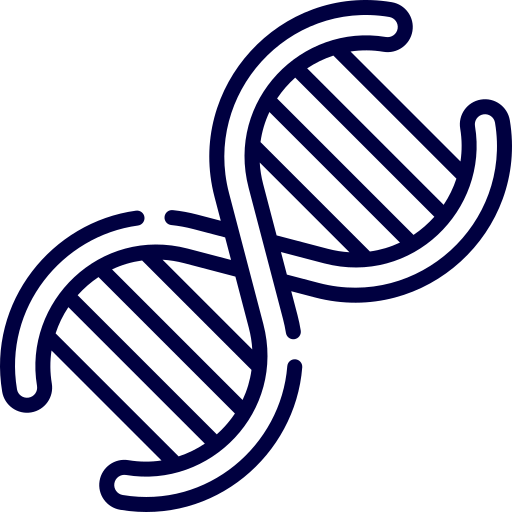
1. URC Unconference, Feb 24rd!
We are thrilled to announce that we’re once again hosting a URC-themed Unconference on February 24rd, 12 noon – 3 pm Eastern time. For those unfamiliar, an unconference agenda emerges from the interests of the attendees: folks in attendance can propose a topic and others interested join and discuss. We did this last in 2021 and the turnout and discussions were amazing; topics included:
- “I haven’t used the URC yet and want to learn”,
- “Decolonizing the STEM Curriculum”,
- “URC in Elementary and Middle School”, and
- “The Dark Side of Big Data”.
Since the topics emerge from attendees, we don’t yet know what will be offered this year – but if there’s something you’d like to talk about, you can make it happen! The registration page is available online here. If you have colleagues or friends who you think might want to attend, even if they haven’t heard of the URC, please pass the link to them, too!
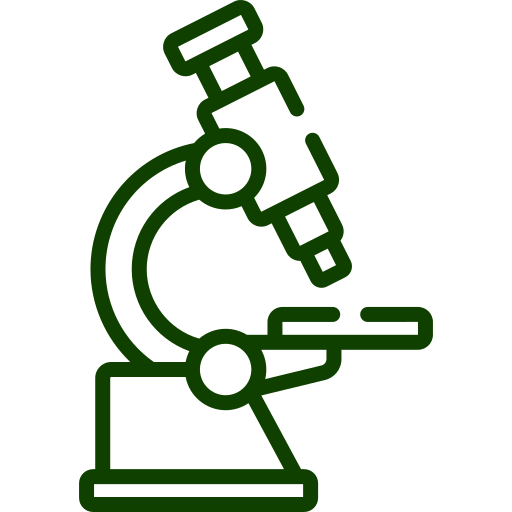
2. Revisions to Lesson Plans
We are continuing the work of updating the URC lesson plans to keep them relevant, and we are also expanding the lessons available as part of the URC. We’re currently updating the Affirmative Action lesson to respond to the significant US Supreme Court ruling in 2023, and getting closer to publishing our lessons on Colorism, the Myth of the Model Minority, and Socio-Economic Status. We’re also in the process of adding a new footer to all of our lesson plans to make it easier for educators to give feedback to improve the lessons in the future. This curriculum work is a volunteer effort, so we thank you for your patience with us as we do this important work… and, as always, if you make modifications in your own context that you think are improvements (as encouraged by our Creative Commons licensing!), please let us know!

3. Workshops and Presentations
Since our last newsletter, three of the URC Editors ran a workshop at the Winter meeting of the American Association of Physics Teachers that was well-received. In addition to the Unconference on Feb 24th, several of us are also looking forward to sharing about the URC with our physics friends over at the Energy and Equity Project. If you know of a school, college, district, or professional organization that might want to hear from us, you can request a workshop or presentation using this form.
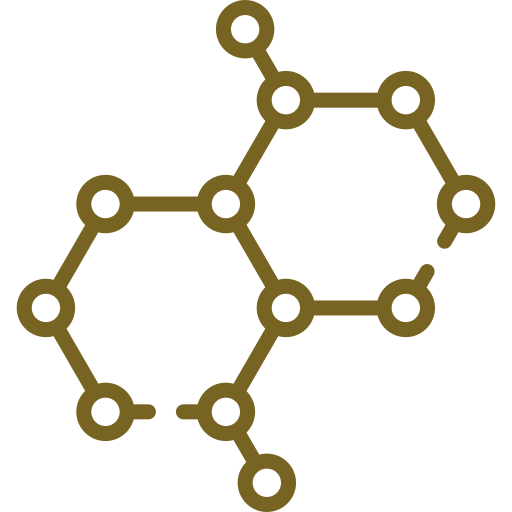
4. Expanding the Reach
Many of us do our URC implementation in the Spring, and so we are excited to dive in and see what it looks like this year. If you are in the same boat, consider using our pre/post survey with your students so you can see the powerful impact of these lessons. If you have colleagues who haven’t heard of the URC, please share our lesson plans and resources with them. If you have questions and want to talk to other like-minded STEM educators, the URC Slack is there for just that purpose. As justice- and equity-minded teachers, we’re making a difference, and our impact is magnified when we do this work collectively.
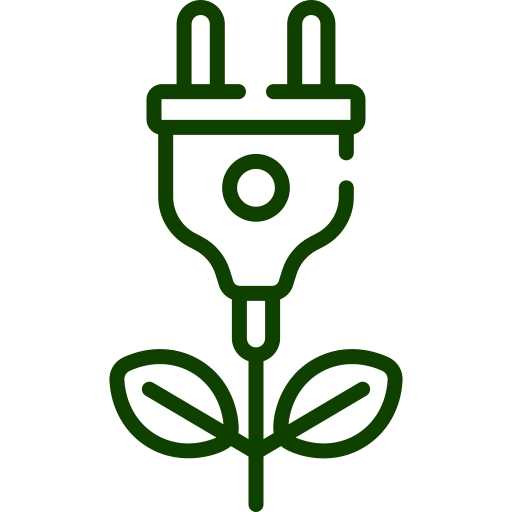
We are so grateful for your investment in transforming science education!
– The Editors of the Underrepresentation Curriculum
(Abby, Andrew, Chris, Clausell, Dana, Danny, Elissa, John, Loraine, Moses, Rachel, and Shinae)

